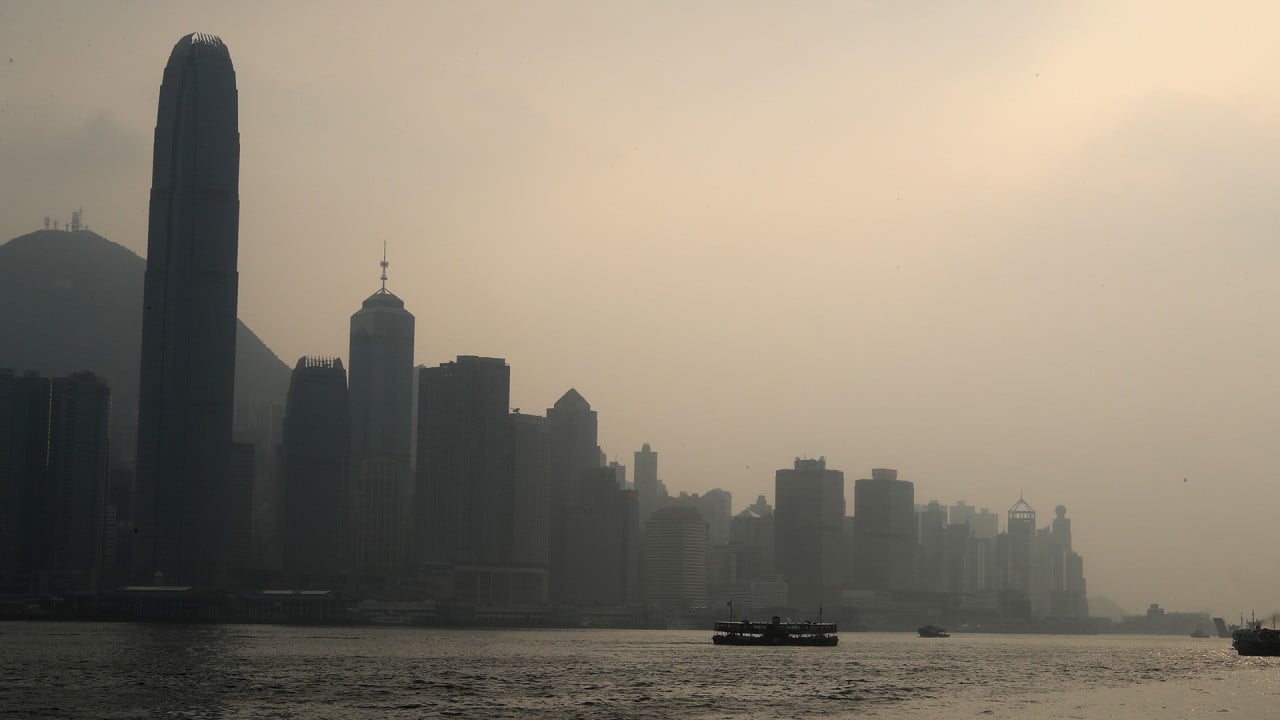
Letters | Zero carbon Hong Kong by 2050: four ways to walk the talk
- The government’s carbon neutrality pledge must be incorporated into various aspects of development planning
- Hong Kong must aim for a green recovery, develop renewables and take much-needed action, instead of conducting even more studies
For Hong Kong to become carbon neutral within 30 years, it requires intensive innovation and fundamental shifts in many aspects of development planning. Carbon reduction measures, essential to Hong Kong’s responsibilities under the Paris climate agreement, will have profound implications for the city’s development – bringing new opportunities for serious action on climate change.
However, this vision and thoughtfulness does not appear at the heart of the latest policy address. The concept of sustainability and carbon neutrality is not incorporated in any other sections, such as finance, economy, innovation, technology, smart cities and education.
We call on the government to walk the talk by taking the following actions.

04:56
Hong Kong could slash carbon emissions 70% with more ambitious goals, says former observatory head
Second, adopt a more progressive and responsible target. Hong Kong has to make more ambitious and accelerated reductions in carbon emissions to reach the target of around 2.9 tonnes per capita by 2030, as set by the C40 Cities Climate Leadership Group of which Hong Kong is a member. Government figures show Hong Kong’s per capita carbon emission is 5.4 tonnes.
Third, the government should declare a moratorium on any further nuclear energy imports and, instead, put in place an action plan to develop local renewables, including scaled-up solar power and offshore wind farms using the latest technology.
A Harvard University study earlier this year has shown that offshore wind farms now have the potential to supply over 30 per cent of electricity demand on a competitive basis. The government should take this chance to implement power sector reform, introduce competition from independent power producers, and revise upwards the renewable target for 2030.
Chong Chan-yau, CEO, CarbonCare InnoLab

